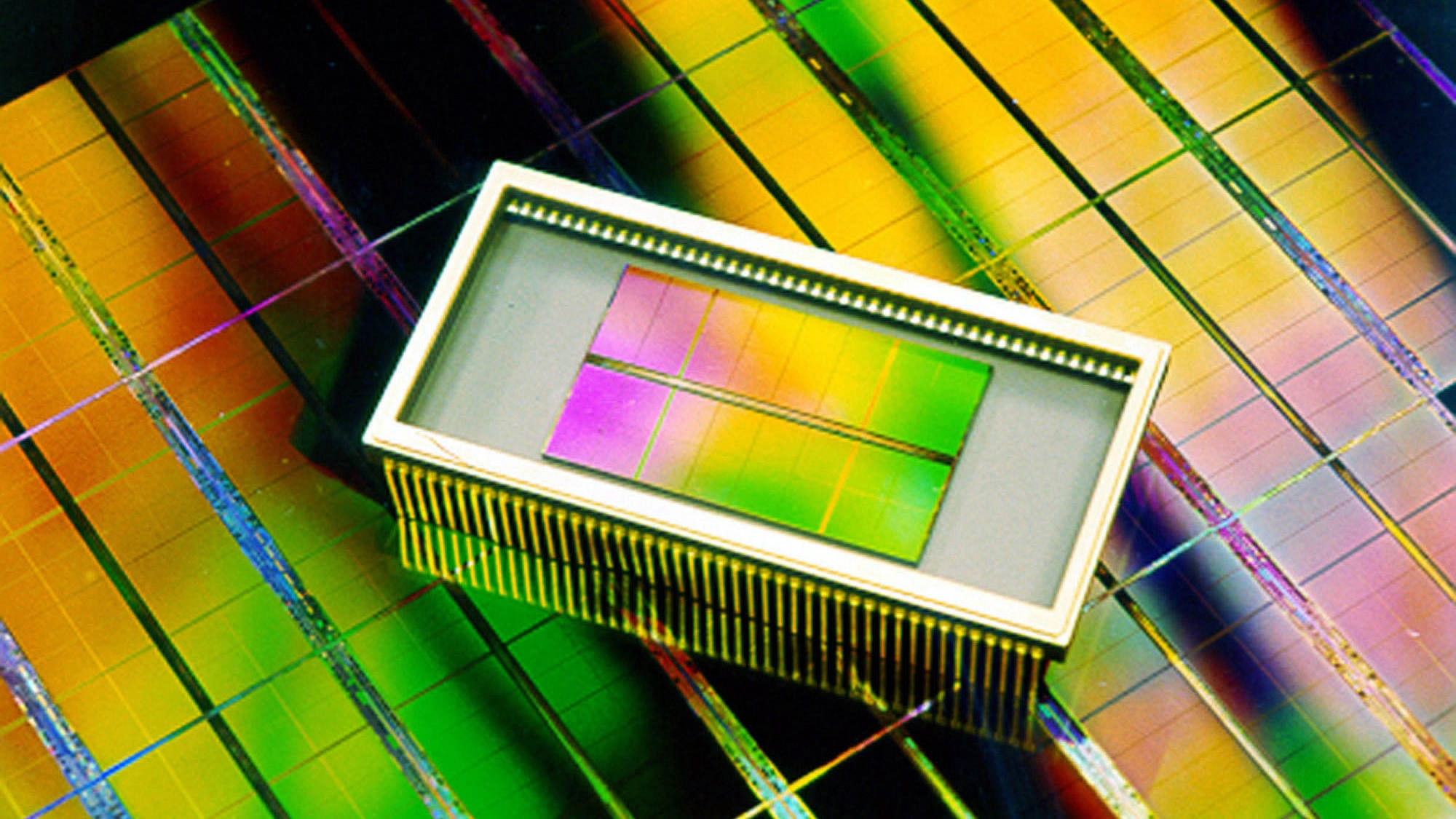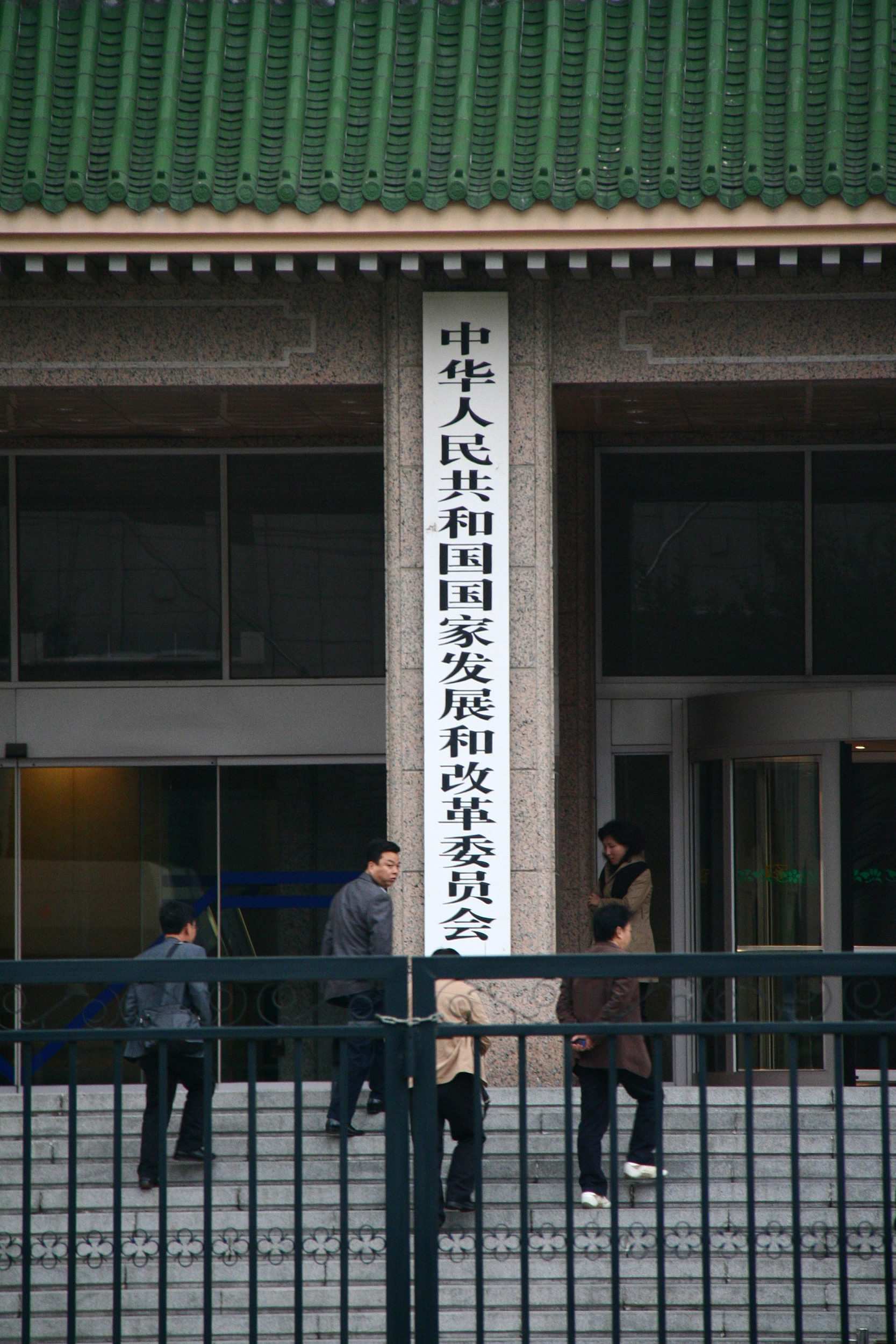
Business
18:13, 22-Dec-2017
China anti-trust regulator questions Samsung about chip price fixing
CGTN

China’s anti-trust regulator decided to have a talk with Samsung after receiving a slew of complaints from phone makers about price hikes in its memory chips, sources told the 21st Century Business Herald on Thursday.
The National Development and Reform Commission (NDRC), China’s anti-trust body for price-related enforcement, has interviewed Samsung about the company’s sixth consecutive quarterly hike in memory chip prices, but whether an anti-trust investigation will be initiated is still unknown.

China's National Development and Reform Commission /VCG Photo
China's National Development and Reform Commission /VCG Photo
A scarcity in memory chips, widely used in phones and computers, has caused prices to jump since last year. As one of the world’s largest chipmakers, Samsung’s DRAM (dynamic random access memory) chips account for 48 percent of the global DRAM chip market, while its NAND Flash memory account for 35.4 percent of that chip’s market.
At the same time, the price increases have started to make its way to consumers and triggered concerns among phone manufacturers.
Storage has surpassed screen and CPU to become the most expensive item in phone manufacturing, an industry insider told the 21st Century Business Herald.
“Storage has accounted for 25 percent – 35 percent of the phone production cost, and the memory bank prices have inflated by 300 percent over the past year, which is horrifying for phone makers, in particular smaller ones who have little bargaining power,” the insider said.
Samsung’s chip business has been a cash cow after the Galaxy Note 7 battery explosion scandal decreased demand for its smartphones. In the third quarter this year, the company generated 54.5 billion dollars in revenue, a 29.7 percent uptick year on year, and its profits increased by 179.47 percent to 12.76 billion dollars.
Industry insiders speculated possible collusion between Samsung and other chipmakers fixing prices. After all, this would not be the first time Samsung was involved in an anti-trust case.
Back in 2005, Samsung pleaded guilty and agreed to pay a fine of 300 million US dollars for participating in an international conspiracy to fix prices in the DRAM market, the US Department of Justice had announced. This fine is the second largest criminal antitrust fine in US history.
From April 1, 1999, to June 15, 2002, Samsung conspired with other DRAM manufacturers to fix the prices of DRAM sold to certain computer and server manufacturers, according to the court file.
6km

SITEMAP
Copyright © 2018 CGTN. Beijing ICP prepared NO.16065310-3
Copyright © 2018 CGTN. Beijing ICP prepared NO.16065310-3